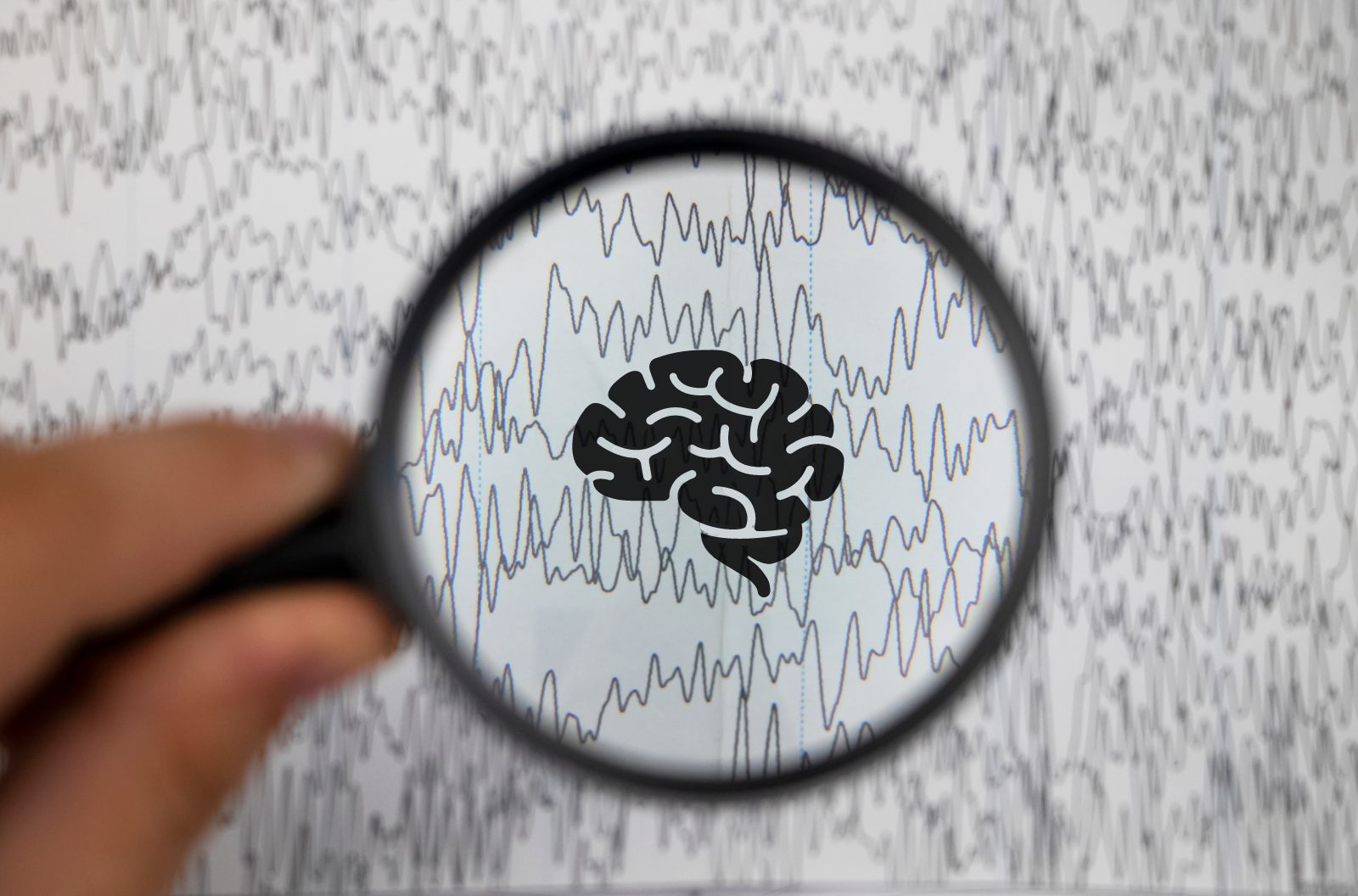In the age of artificial intelligence, we are witnessing machines surpassing human capabilities in many fascinating and unexpected ways. From writing poetry to diagnosing diseases, AI has proven to be remarkably adept at mimicking human processes, often with surprising accuracy. However, one of the most intriguing and mysterious areas where AI may soon have an impact is in the realm of dreams. Could AI predict your dreams before you even sleep? It’s a question that blends science fiction with cutting-edge technology, and as we delve deeper into it, the answer may not be as far-fetched as it seems.
The Mystery of Dreams: What We Know
Before we can explore the potential for AI to predict dreams, it’s essential to understand what dreams are and why they occur. For centuries, dreams have been a source of fascination, mystery, and speculation. While ancient civilizations saw dreams as messages from the gods, modern science tends to view them as a natural part of the brain’s processing of experiences and emotions.
Dreams occur during the rapid eye movement (REM) phase of sleep, and scientists believe they are connected to memory consolidation, emotional regulation, and problem-solving. Though researchers have made significant strides in understanding the mechanics of dreams, there is still much that remains unknown. Why do we dream? Why do some dreams feel so vivid, while others are fleeting and fragmented? And perhaps most intriguingly, why do certain dreams seem to be influenced by our waking experiences, desires, and fears?
The Rise of AI: Could It Predict Your Thoughts?
Artificial intelligence has made remarkable advancements in recent years. Machine learning, neural networks, and deep learning algorithms have enabled AI to understand complex patterns in data, make predictions, and even generate human-like creativity. In fact, AI systems are now being used to predict everything from stock market trends to consumer behavior and even personal health outcomes.
But could AI go beyond just predicting behavior and instead forecast something as subjective and abstract as a dream? In theory, yes—if AI had access to the right data and sophisticated enough algorithms, it could start making educated guesses about what you might dream about based on your current mental state, recent experiences, and emotional triggers.
AI and the Psychology of Dreams
To understand how AI might predict dreams, it’s helpful to first examine the psychology behind dream formation. Our dreams are often shaped by our emotions, memories, and experiences, which are processed and stored by our brains throughout the day. When we sleep, the brain continues to work on these experiences, sometimes producing vivid or strange dream imagery.

Machine learning algorithms, which are at the heart of AI, excel at detecting patterns in data. By analyzing large amounts of information about a person—such as their daily activities, social interactions, stress levels, and emotional states—AI could identify correlations that might indicate certain dream patterns. For example, if someone spends a lot of time thinking about a stressful work deadline, AI might predict that their dreams could involve feelings of anxiety, pressure, or themes related to their job.
Similarly, AI could also track patterns in a person’s brain activity while they sleep. Brainwave data, when analyzed by AI, could reveal insights into the stages of sleep, REM cycles, and even the specific areas of the brain that are active during dreaming. With this information, AI could potentially make predictions about the content or emotional tone of dreams, based on the brain’s activity during sleep.
The Role of Emotional and Cognitive Data
One of the most promising aspects of AI’s ability to predict dreams is its capacity to analyze emotional and cognitive data. Emotions, as we know, play a significant role in shaping the content of our dreams. If AI could monitor a person’s emotional state through wearable devices or by analyzing physiological signals such as heart rate variability or skin conductivity, it could gain valuable insights into their mental state.
For instance, if a person is experiencing heightened stress or anxiety, AI might predict that their dreams could be filled with themes of fear, conflict, or unease. Conversely, if a person is in a state of relaxation or happiness, AI might predict that their dreams could be pleasant or even whimsical. The more data AI collects about a person’s emotional and cognitive states, the more accurate its predictions could become.
The Science of Dream Interpretation: Could AI Do It Better?
Dream interpretation has been a subject of interest for centuries. From Freud’s theories of repressed desires to Jung’s archetypes of the unconscious, many have tried to decode the meanings behind the strange and often surreal symbols in our dreams. However, despite decades of research and analysis, there is no universal consensus on what dreams really mean.
In recent years, some researchers have begun exploring the possibility of using AI to analyze dreams in a more systematic and data-driven way. For example, AI could be trained to recognize common themes or symbols in dreams and correlate them with specific emotional or psychological states. If AI could successfully decode the language of dreams, it might not only predict future dreams but also offer interpretations based on data, providing a personalized roadmap to a person’s subconscious.

The key challenge here, however, is the subjective nature of dreams. Dream content can vary significantly between individuals, and even the same person might experience radically different dreams from one night to the next. While AI could certainly make predictions based on general patterns, the personal and unique nature of each individual’s dreams presents a significant hurdle.
AI-Assisted Dream Research: Current Studies
Although we’re still far from having an AI system that can accurately predict or interpret dreams with full precision, there are some exciting developments in the realm of AI-assisted dream research. Neuroscientists and computer scientists have begun collaborating to develop algorithms that can analyze brain activity during sleep and correlate it with the content of dreams.
For example, studies have been conducted where participants wear electrodes to monitor their brain activity while they sleep, and then report their dreams upon waking. By comparing the brainwaves during different stages of sleep to the content of the dreams, researchers have begun to identify certain patterns that could eventually help in predicting or understanding dream content.
One groundbreaking study involved using machine learning algorithms to predict whether a person was dreaming about specific topics, such as people, places, or objects, based on their brain activity. While these experiments are still in the early stages, they provide a glimpse into how AI might one day be used to predict or decode dreams.
AI and Dream-Inducing Technologies: The Future Possibilities
Looking ahead, AI could play a significant role in not just predicting dreams, but also in influencing them. Already, there are experimental technologies like lucid dreaming apps and brainwave stimulation devices that claim to enhance or control the content of dreams. Combining these technologies with AI could lead to a new era of “dream engineering.”
For instance, imagine an AI system that is capable of analyzing a person’s emotional state and then using that information to deliver subtle auditory cues or visual stimuli that influence the content of their dreams. By tailoring these stimuli based on the individual’s personal preferences and emotional needs, AI could create custom-designed dream experiences, potentially helping people to confront fears, process unresolved emotions, or simply enjoy more pleasant dreams.
Ethical Considerations: Should AI Predict Your Dreams?
As with any new technology, the potential for AI to predict or influence dreams raises important ethical questions. Could AI, with its ability to analyze intimate emotional and psychological data, cross boundaries of privacy and consent? And if AI is able to manipulate dream content, who owns those dreams? Could AI-designed dreams be used for commercial purposes, advertising, or psychological manipulation?
Moreover, there are concerns about the psychological impact of AI’s involvement in our subconscious minds. Could AI-generated dreams undermine the therapeutic value of organic dream experiences? Could constant AI intervention disrupt the natural processes of the mind, leading to unintended consequences for mental health?
These are questions that society will need to address as AI continues to advance and its role in dream research and manipulation becomes more prominent.
Conclusion: The Future of Dreams in the Age of AI
While the idea of AI predicting your dreams before you even sleep may seem like something out of a sci-fi novel, the rapid developments in artificial intelligence and neuroscience suggest that we are closer to this reality than we might think. As AI systems become better at analyzing emotional, cognitive, and brainwave data, they may one day be able to predict or even influence the content of our dreams.
Though we are still far from understanding the full scope of AI’s potential in this field, it’s clear that the intersection of dreams and technology presents fascinating possibilities for the future. Whether AI will truly be able to predict our dreams with precision or simply offer insights into our subconscious remains to be seen. However, one thing is certain: the dreams of tomorrow may very well be shaped by the technologies of today.











































Discussion about this post